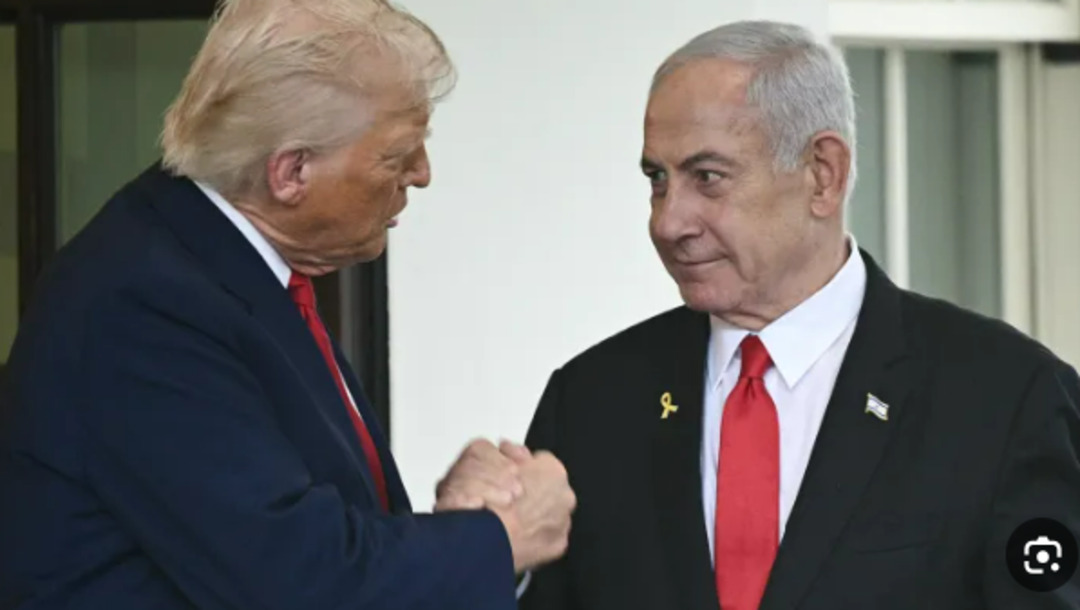-
Trump's silence regarding Israel's land confiscation reflects an attempt to ensure the continuation of the Gaza ceasefire agreement

A U.S. diplomatic source revealed that President Donald Trump's silence over Israel's confiscation of large areas in the West Bank is due to his desire to impose restrictions on Israeli Prime Minister Benjamin Netanyahu, aiming to maintain stability of the Gaza ceasefire agreement for as long as possible.
In an exclusive statement to "Erem News," the source explained that Trump seeks to adhere to the ceasefire agreement, which he personally considers an achievement, and is working to prevent its collapse at this time so that it can be built on solid ground and withstand current challenges in the sector.
The source pointed out that Trump implicitly views land confiscation in the West Bank as an unannounced quid pro quo for Netanyahu, aiming not to jeopardize the Gaza deal at this sensitive stage, which requires cohesion and a solid foundation to ensure its continuation.
The source added that there are comprehensive reports in the White House about Israeli movements in the West Bank, but Trump prefers to support the current agreement rather than focus on settlement expansion or escalation of operations in the occupied territories, especially amid emerging crises in the region, including issues related to prisoners and airstrikes in Gaza.
In another context, U.S. political analyst Dennis Jaffe told "Erem News" that the Biden administration was the first to issue Executive Order No. 14115 in 2024, opposing the construction of new settlements in the West Bank to impose sanctions on those involved in settlement activities. However, Trump reversed this order during his second term, hinting that the U.S. no longer strictly opposes settlement expansion.
Jaffe explained that Trump’s current actions suggest that Washington is turning a blind eye to settlement activity in the West Bank and is sending a message to Tel Aviv and radical Jewish factions that U.S. support is unconditional, and that the Israeli government can act freely without threats from Washington. This reduces international trust in the U.S. in the region and reflects a preference for an ineffective stance on Israel’s violations.
Jaffe also pointed out that Trump’s decision to revoke the executive order that froze American financial assets destined for settlement funding could open new support sources, noting that U.S. donations to organizations linked to settlements exceeded $220 million between 2009 and 2013, and that this support might significantly increase now.
In conclusion, Jaffe expressed skepticism that revoking the executive order would lead to a massive influx of funds immediately, but emphasized that previous amounts indicate that U.S. financial support for settlements could rise again, reflecting the deepening of American unspoken influence over settlement policies in the occupied territories.
Source: Erem News
You May Also Like
Popular Posts
Caricature
opinion
Report
ads
Newsletter
Subscribe to our mailing list to get the new updates!






















